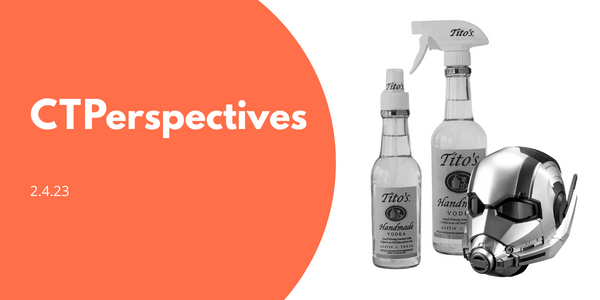You’re going to get something wrong this week. Maybe today. Every organization does. And your customers know it.
But how should you handle that mistake when it touches the heart and soul of your brand?
That’s a question that has confronted a number of successful companies. Take Timberland, for instance. Driven by its passion for the environment, the New Hampshire-based shoe and apparel maker has been lauded for its Corporate Social Responsibility (CSR) efforts.
A brand that caters to those who live to be outdoors can’t simply pay typical greenwashing lip service. It must live the cause. To that end, Timberland had pledged to reduce its greenhouse gas footprint by 50 percent over five years. Impressive. As FastCompany points out, Timberland was committed, employing “everything from LEED-certifying its stores to purchasing large amounts of renewable energy.” Consumers loved it. This was a pillar in cementing brand loyalty. But it was also too lofty.
But they missed the mark. Timberland failed to meet its goal. Now what? Remember when we told you we were going to help save the earth by cutting our footprint in half? Yeah, it didn’t happen.
So what does a company do when such well-intentioned responsibility falls short? You own it.
Timberland refused to bury the results. And rightfully so. When things do go wrong consumers want straight talk from you. Don’t shape the story. Just tell them what happened and how you plan on fixing it. Embracing transparency is not only smart issues management, it’s smart cause adoption. For something important like your socially conscious commitments, re-affirm those pledges.
Timberland exposed its blemishes to the world, apologized and said it will keep trying to meet that goal. Sure, it drew attention to a failure but it also reminded people of a commitment to a core belief it shares with the consumer who buys its boots. The honest approach also helped Timberland further its position as a trustworthy brand. Afterall, consumers are smart. If you truly believe in what you’re doing, then you’re probably willing to share some of the blemishes, because you know the overall impact is what really matters. But if you don’t support it as a brand, if your cause-related initiatives are just a front, then you’re not going to want anyone to peek under the hood.
Standing for something is no longer negotiable for most companies. Corporate Responsibility magazine says that 72 percent of companies now have formal CSR programs. One study says 84 percent of consumers believe companies aren’t just responsible for doing the right things, but also for effectively communicating those efforts to shoppers.
Are your values consistent, meaningful to your consumers and properly communicated? Are you so committed to those principles that you’re willing to remain loyal to them should there be a bump along the way? If not, you may be missing an opportunity to form a deep connection with the very people who will determine the future of your brand.





